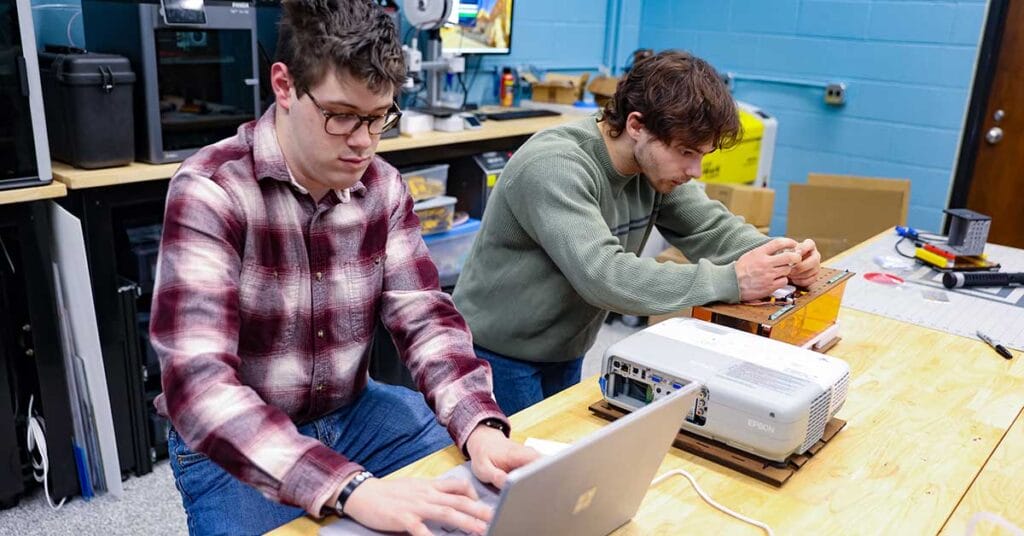
The Scaling Up Community College Efforts for Student Success (SUCCESS) program, in partnership with Arnold Ventures, seeks to improve graduation rates by assisting states to better utilize resources so students can complete their education. The initiative is spearheaded by MDRC, which changed its name from Manpower Demonstration Research Corp. in 2003, an organization dedicated to reducing poverty and encouraging economic self-sufficiency.
According to Ivy Tech, the program will combine components from multiple initiatives that have been effective at helping students succeed in college.
It will be built around more than 15 years of postsecondary research conducted by MDRC and others and will include: frequent proactive advising; financial incentives tied to service usage; strategies focused on increasing academic momentum (including full-time enrollment or encouraging summer/winter enrollment); and the use of real-time data to support student progress.
MDRC will provide technical assistance to up to nine colleges from four states to develop new, financially sustainable student support programs that will be implemented beginning this fall.
Ivy Tech also will be joined by Bakersfield College and Chaffey College, California; Essex County College and Passaic County Community College, New Jersey; and Stark State College, Ohio.
Ivy Tech’s campuses in Bloomington, Indianapolis, and Kokomo are taking part in the initiative initially but eventually will introduce the program statewide. MDRC will assist the Ivy Tech in creating a cost-effective model and how to identify the funds needed.
Ivy Tech said participating institutions will be encouraged to align SUCCESS programs with existing statewide student success initiatives and may focus on specific student populations, including low-income students, underrepresented minorities, or adults.



